Africa will need to double its annual spending to $6 billion if it aims to connect more people and businesses to the internet, according to the International Financial Corporation (IFC). The increased funds will primarily be used to deploy more fibre optic cables from the sea to cities and homes.
Capital Expenditure Needs
“The $6 billion is just the capital expenditure of building that (digital infrastructure) out, it doesn’t include running and operating the infrastructure,” Susan Lund, IFC’s Vice President of Economics and Private Sector Development.
Current Investments and Gaps
Over the past decade, the World Bank has committed $2.8 billion to various digital development projects in sub-Saharan Africa. These projects include investments in high-speed internet through fibre optic cable deployment, data centres, internet service providers, technological tools like mobile phones and laptops, and digital education initiatives. Despite these efforts, many African countries still lack adequate infrastructure.
IFC’s Investment Plans
The IFC, a member of the World Bank Group, aims to increase its total investment in Africa to approximately $10 billion by the end of 2024. This investment is expected to double by the following year, according to Makhtar Diop, Managing Director of IFC. Much of this funding will go to innovative companies that are promoting digital adoption across various industries.
Survey Findings on Internet Usage
A survey conducted across 54 countries revealed that while online business activities are increasing, many firms are not fully utilizing online opportunities. For instance, only 5% of firms with fewer than five workers in countries such as Ethiopia, Ghana, Kenya, Nigeria, South Africa, and Uganda have computers with internet connections. Many of these firms are located in areas without high-speed internet-enabled fibre optic cables or cannot afford the necessary smartphones for digital payments.
Supporting Small and Medium Businesses
An additional $2.7 billion is needed to help small and medium enterprises (SMEs) transition into digital companies. Investments in this area could support firms in the manufacturing and agriculture sectors, where digital technologies are essential for performing specific tasks beyond the current capabilities of most firms in Africa.
Challenges and Solutions
The IFC views the arrival of new submarine cables on the continent as a positive step toward addressing the infrastructure deficit. Around 30 submarine cables with hundreds of terabits of internet capacity have landed in Africa. However, the high cost of transmitting this internet capacity from the submarine cables to the cities remains a significant challenge.
Economic Impact
Enabling small businesses to get online not only boosts their productivity but also ensures continued employment for more people. Approximately 70% of the labor force in Africa, representing about 400 million workers, is employed by these firms, according to the IFC report.
By addressing the digital infrastructure needs and supporting SMEs, Africa can make significant strides towards economic growth and development.

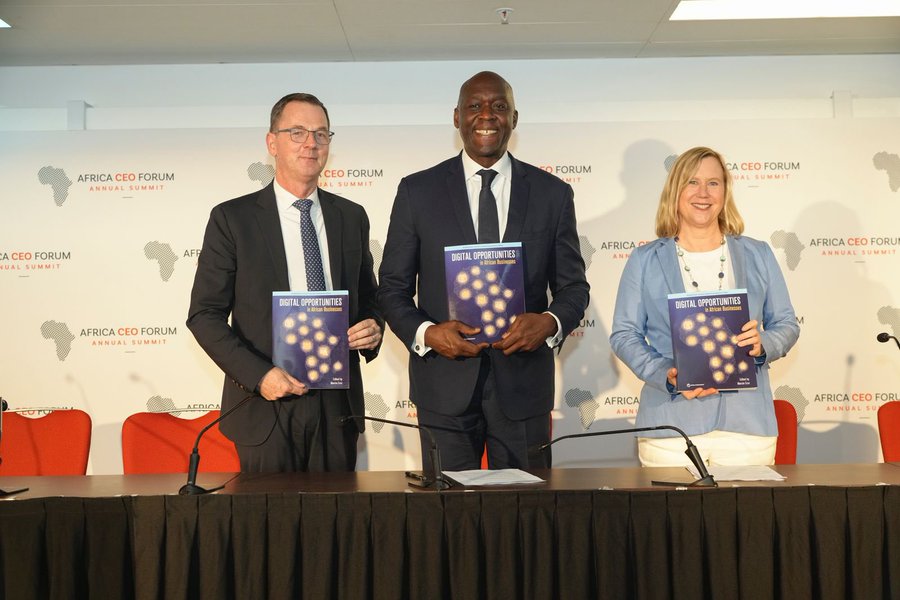

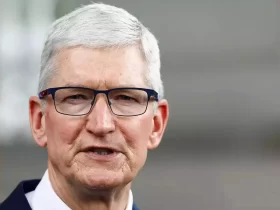



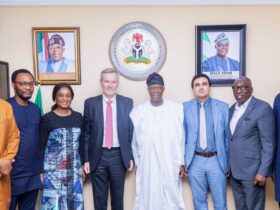
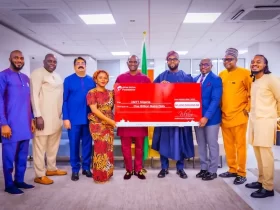

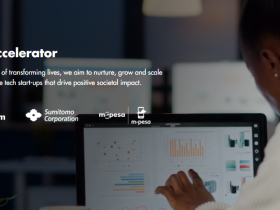

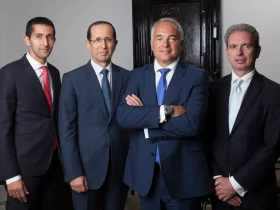
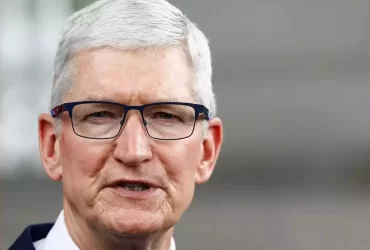



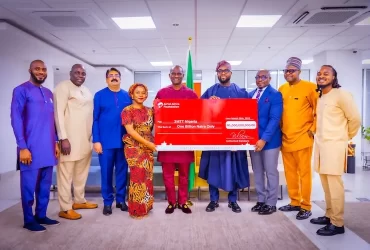

Leave a Reply